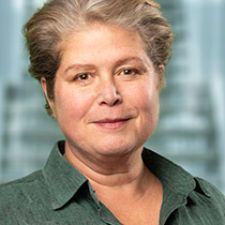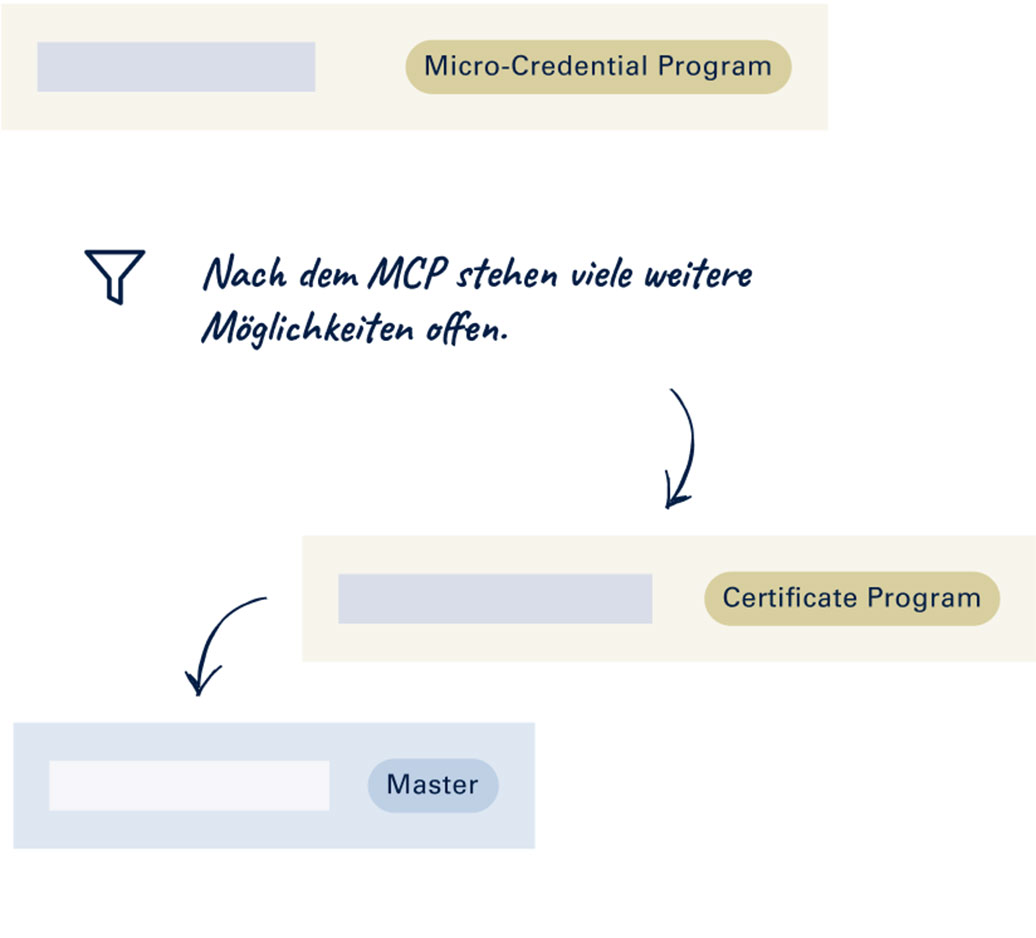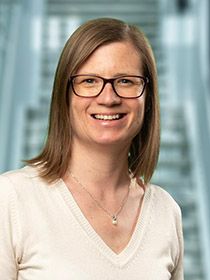-
Graduation
Certificate
-
ECTS-Points
6
-
Learning format
-
Duration
1 week, part time
-
Costs
proportional to curriculum price
-
Language
German or English
-

Through real-world examples of crossmedia exhibitions, you’ll compare diverse approaches across cultural and creative sectors, learning to adapt media presentations to suit varied audiences in our interconnected world. Analytical tools and strategies for effective knowledge transfer will empower you to develop engaging, audience-oriented narratives that elevate professional practices in cultural and scientific environments.
Es besteht die Möglichkeit, dass Studierende nach Absolvierung des Micro-Credential Programs, das Certificate Program „Sportmedizinische operative Behandlungsmethoden“ oder die Master-Studien „Orthopädie und Traumatologie“ und „Sportmedizin“fortsetzen. Die absolvierten Module können inhaltlich und finanziell angerechnet werden.

Our program covers the latest developments in crossmedia exhibition development.
Wendy Coones
Studienleitung – Department for Arts and Cultural Studies
Benefit from our program
- Low-residency: by holding 4-day blocks, micro-credentials can be more easily integrated into everyday working life
- Small groups: Group sizes of max. 20 people make it possible to respond to the needs of the individual participants. Team building and networking are very important to us.
- Specialization: we offer micro-credentials in a wide range of subject areas in the arts & cultural studies. You benefit from renowned lecturers with many years of experience
-
for working professionals
-
small class sizes
-
specializations
Stackable Program
In combination with other continuing education programs, Stackable Programs can be combined to achieve an academic degree.


The Stackable Program offers me complete flexibility in the design of my studies.
Tatjana Kohl
Student
Content
- Identify central aspects of the history and theory of exhibitions.
- Analyze crossmedia exhibitions developed as applied research and cultural practice.
- Compare the approaches to crossmedia storytelling in the cultural and creative sectors
- Develop applications that integrate knowledge transfer and/or storytelling in exhibitions
Microcredential - 6 ECTS
Theories of Knowledge Transfer in Cultural & Scientific Sectors - Applications & Integration of Knowledge Transfer and Storytelling
Knowledge Transfer and Storytelling in Culture and Science
This module provides an in-depth exploration of how knowledge is conveyed and narratives are crafted within cultural and scientific domains for optimal content conveyance. It covers the historical and theoretical underpinnings of knowledge dissemination, as well as practical approaches to storytelling and crossmedia applications, emphasizing the importance of engaging narratives in sharing information.
-
Contents
This course begins with an introduction to exhibition theory, offering historical perspectives and key concepts that have shaped the field. Students will delve into the mechanisms of knowledge transfer within cultural and scientific sectors, examining how exhibitions serve as powerful mediums for disseminating information. Through detailed case studies, the course highlights successful examples of knowledge transfer via exhibitions. A significant portion of the course is dedicated to crossmedia exhibitions, exploring their development, implementation, and impact as both applied research and cultural practice. Practical applications are also covered, equipping students with the skills to design and evaluate exhibitions focused on effective knowledge transfer.
-
Contents
This course builds on theoretical foundations to explore the practical applications of knowledge transfer and storytelling. Students will analyze real-world examples of crossmedia exhibitions, gaining insights into their development as applied research and cultural practice. The course includes a comparative study of various approaches to crossmedia storytelling within the cultural and creative sectors, allowing students to understand the nuances and effectiveness of different methods. This practical focus ensures that students can see how theoretical ideas are implemented, providing valuable insights for creating engaging narratives in museum and exhibition settings.
Program Lead
Participation


